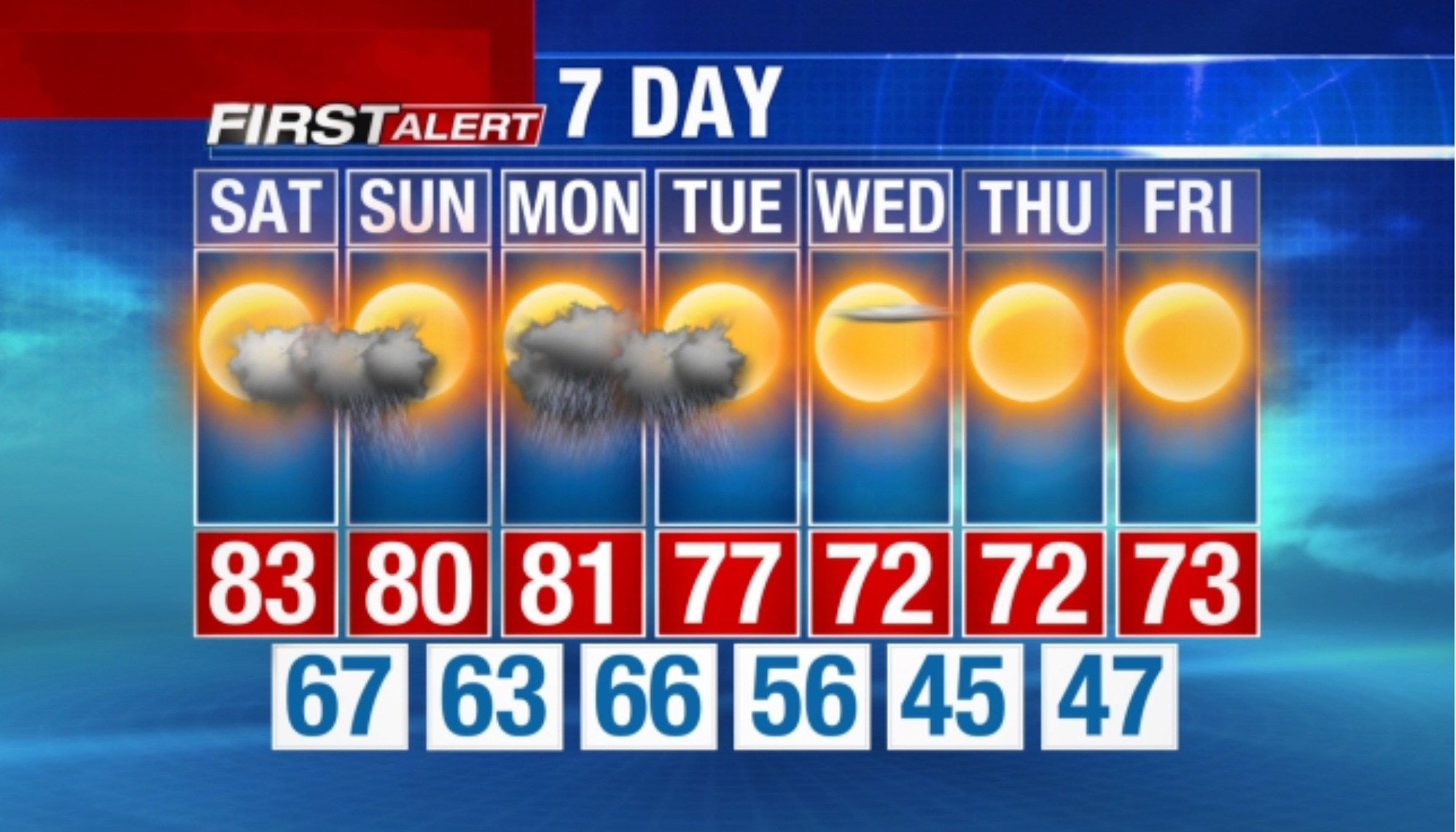While a standard economics class is a famously dry and intellectually flaccid affair, the men and women of Econ 180 can attest that, at least last Tuesday, this definitely wasn’t the case. Forensic data collected by the Flipside shows that, over the course of the session, the room’s sexual tension spiked from levels similar to that of a grandmother’s funeral to that of a French porno.
Our data shows that this tension seems to have begun around the 8th minute, when Professor Wolitzky challenged the class to begin a discussion about the size of President Obama’s stimulus package.
Arguing that it was an incredibly satisfying piece of legislation, the Professor took his discussion to the white board, saying, “Let’s represent demand with this variable d. If the d is big, both parties will be satisfied with their relations. Otherwise, one may complete their desired interaction more quickly than the other, and the other will be left to take care of the surplus demand on their own.
”
Crossing her legs and fanning her face with a research packet, one female student offered, “Yes, but the real point here is the international markets. Demand is getting stiff; really, really, really stiff.
We need to penetrate these markets while they’re still receptive. I mean, I agree, it’s all about balancing supply and demand.
Both sides should take the same amount away from any moment of political or economic intercourse. But there are diminishing returns- one party may be ready for another round of negotiations, while the other may have already gone dormant.”
A boy in the back of the room added, “I agree with that analysis. Just look at the data; those are some pretty attractive curves.
The ones on page 32 of our packet that describe our import/export ratio with southeast Asia, I mean. In fact, I think volatility in Asian markets can help us. They don’t want anything long term like a trade agreement, they just want to get together now and then for some casual interchanges. This could definitely work out until we find a longer-term companion to work with.
”
A third student, though, pointed out that such lessons about economics are hard to share with the masses, given that many are now electing to simply watch lectures online in their basement instead of going out, finding people to share their learning with, and experiencing the concepts firsthand.
The conversation peaked at about the 58th minute of class, by which point the passion in both sides of the room had nearly reached a fever pitch. After that, though, things quickly decompressed, with the men present mostly slinking back into their chairs and a number of women going out for cigarettes. Professor Wolitzky was quoted afterward saying, “Yeah, it definitely got pretty heated in there.
But it was all done in a safe environment, and, after all, isn’t this kind of experimentation with different ideologies what college is for? I think we all felt a certain release as we left the class.” Indeed, our exit surveys showed that many students even had trouble walking for the next few days with the mental soreness they faced. It was, overall, a session that no one would soon forget.








